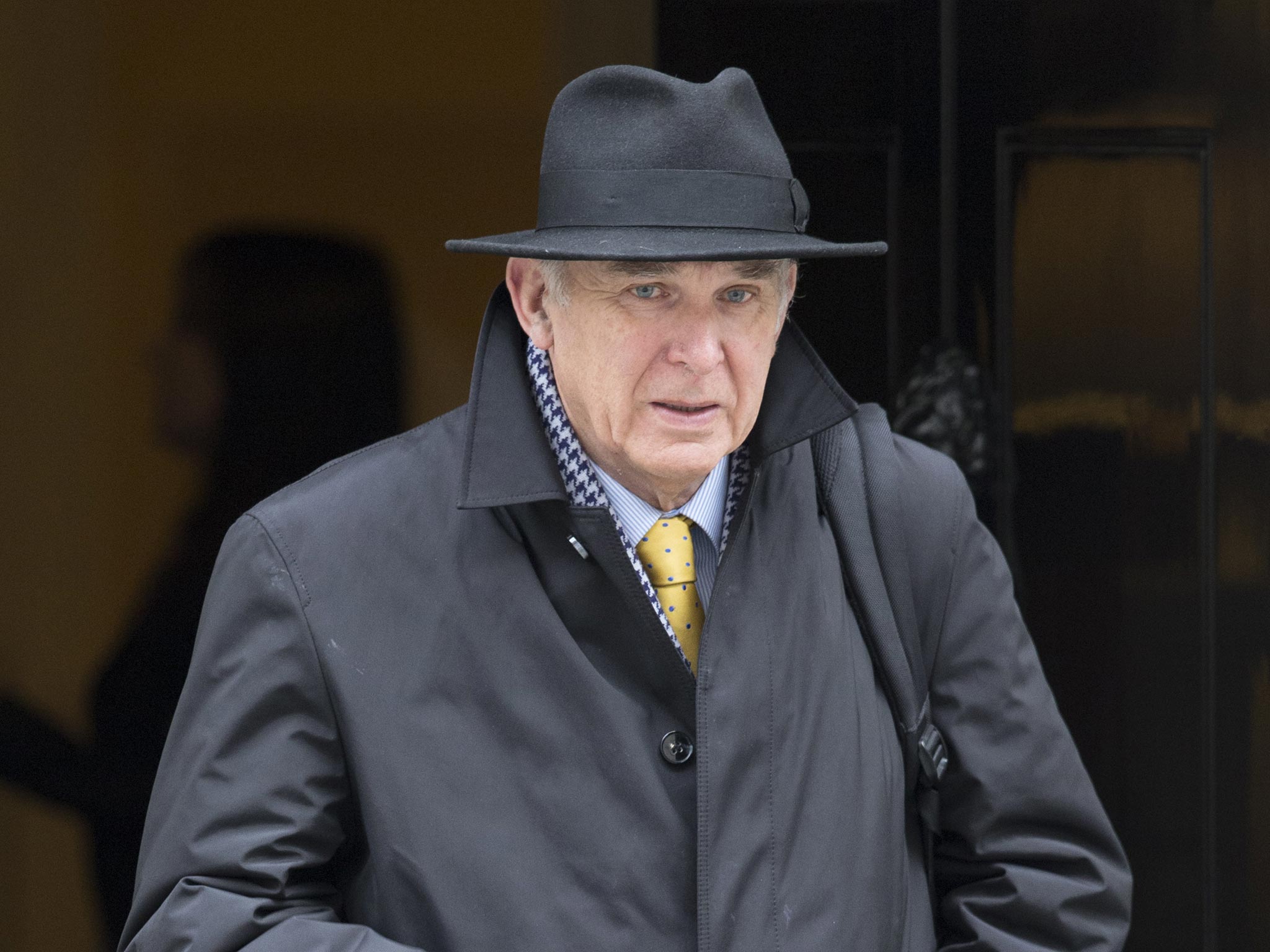Exclusive: Investment bank Lazard’s ‘cosy’ relationship with Government questioned by MPs

Lazard, the investment bank which advised the Government on the much criticised Royal Mail flotation, has earned millions of pounds advising Whitehall on a huge majority of the biggest state asset sales in recent years, The Independent can disclose.
The bank, whose international arm is chaired by the former business secretary, Lord Mandelson, has been the prime adviser to the Government on at least six of the present administration’s bumper state asset sales, several of them extremely controversial. They covered taxpayer-owned businesses or state contracts worth more than £11bn, including the sell-off of the Tote betting business and the government’s blood plasma service.
Adrian Bailey MP, chairman of the powerful business select committee, said the Business Secretary Vince Cable would be called before the committee to explain why Lazard was used so repeatedly. “Clearly, it does appear the Government has got a potentially overly cosy relationship with Lazard… it certainly gives cause for concern,” he told The Independent.
Lazard’s ties go deeper than just winning prestigious advisory contracts with the Government. At the Department of Business, the chief executive of the Shareholder Executive, which manages taxpayers’ shareholdings in nationalised assets, is Mark Russell, a Lazard executive until 1986.
Roger Lowe, the Shareholder Executive’s “senior responsible official” in charge of the Royal Mail flotation project, was a senior Lazard banker until 1998. Lazard also had at least one member of staff on secondment to the Department of Business last year, before the Royal Mail flotation.
Revelations of this close relationship with the Government came in a week of rising public concern about Whitehall’s dealings with the City following a scathing National Audit Office report into the Royal Mail sell-off.
The NAO made it clear that the Government was wrong to have relied so unquestioningly on advice from Lazard.
The bank is keen to publicise its work for the British Government on its website, promoting the extremely prestigious Westminster contracts of its “Sovereign Advisory” team.
Analysts said the British Government contracts served as powerful marketing tools for the bank when selling its more expensive services to other governments and multinational companies. The Independent has also learned that Lazard is likely to be called in front of the combative Public Accounts Committee at the end of this month.
A spokesman for Lazard said: “Lazard is pleased to have been selected to advise ¬several different departments of the UK Government on a number of advisory assignments in recent years, following competitive tender processes.”
A Department for Business, Innovation & Skills spokeswoman said: “Lazard were appointed to advise on the Royal Mail sale following a competitive procurement process. Seven potential advisers were invited to bid for this work. Three were interviewed, and Lazard was selected as it had the highest score against the evaluation criteria.”
Banking sources pointed out that there was a shortage of banks who could offer independent advice without being conflicted by their divisions who would be involved in buying or selling the shares.
UBS was advising the Government, before Lazard, on selling Royal Mail. However, it swapped sides in early 2013 to become one of the “book¬runners” marketing the shares to investors: a service for which it and six other banks were paid £12.7m.
Of the few other big state sales not involving Lazard, Citigroup advised on the sale of the High Speed 1 rail operating franchise and Deutsche Bank on the disposal of Northern Rock to Virgin Money.
Working closely: When Lazard Advised the government
The 2011 sale of the Tote betting business to Betfred for £265m. Lazard was paid £1.69m for its advice. The deal was controversial because the horse-racing industry preferred a rival bid from race-loving businessman Sir Martin Broughton.
The 2013 sale of Plasma Resources, the Government-owned blood plasma service sold to a US private equity firm for £200m. Lazard’s fee was £1.5m. Lord Owen, the Labour health minister who created the services, said of the sale that it was “hard to conceive of a worse outcome”.
The 2013 sale of a 60 per cent stake in Royal Mail valuing the service at a total of £3.3bn. Lazard was paid £1.5m.
The 2013 agreement with EDF Energy on how much taxpayers should pay for electricity generated at its proposed Hinkley B nuclear power station. Lazard was paid £1.6m for its advice which led to an agreed price of roughly twice the current market rate for the next 35-40 years.
The 2013 sale of £3.3bn of the taxpayer’s shares in Lloyds.
The March 2014 sale of a further £4.2bn of Lloyds shares. Lazard worked for free on both Lloyds sales due, analysts say, to the extremely prestigious nature of the contract.
Join our commenting forum
Join thought-provoking conversations, follow other Independent readers and see their replies
Comments
Bookmark popover
Removed from bookmarks